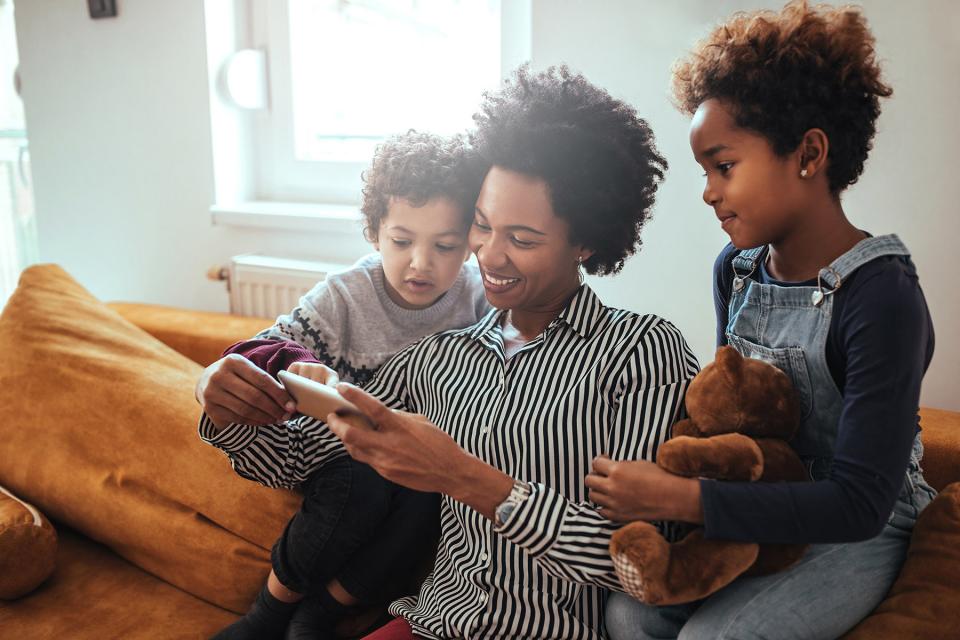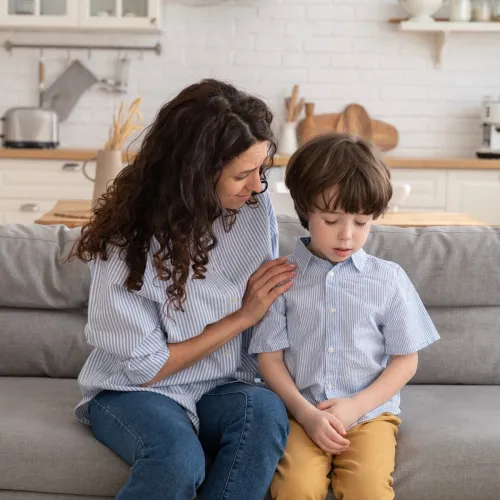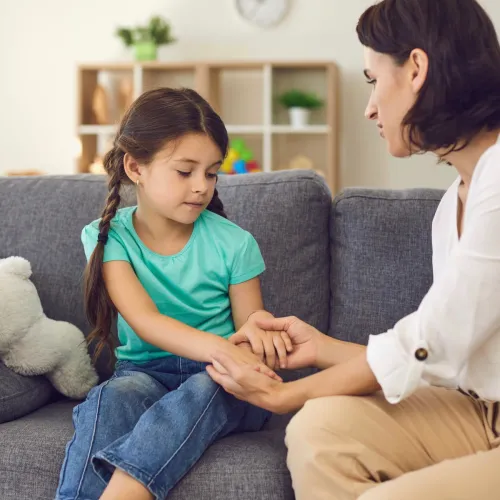Using Kids As Messengers After Divorce
Using kids as messengers is breaking one of the most basic co-parenting rules: don't ever put your child in the middle of adult concerns and responsibilities. Yet this is a behavior that appears to be relatively common, frequently addressed by both family law professionals and counsellors concerned with the effect it has on children.
This communication issue, which can range in severity from infrequent slip-ups to purposeful child manipulation by a parent, should be addressed immediately when it is encountered. If left to continue unaddressed, it can do real damage to a child's emotional health and wellbeing.

The different ways parents use kids as messengers
Although it may seem like a simple communication behavior to identify, using children as messengers can have a few different forms. To help you identify if this behavior is cropping up in your co-parenting, here are some of the most common ways parents ask their kids to relay information.
For communication
Examples of this include: "Let your Dad know I'm going to be five minutes late." Or: "Remind your Mom to bring your jersey when she drops you off." Little requests for your child to carry messages like these may seem harmless, but they are not.
When children carry messages, you're asking them to deal with the emotional reaction of the other parent when they deliver it. Whether that's mild annoyance or severe frustration, your children will be affected.
Plus, kids being kids, they're going to forget to do things occasionally. If they forget to relay an important message, they're likely going to feel guilty about any fallout that results. The best thing to do is simply never put your kid in a position where this is a possible outcome.
For reporting on each other
Parents should never make their children feel like a spy in their other parent's home.
It's natural for parents to ask their children about their time with their other parent. Inquiring about how their day was or if they did anything fun is a great way to engage. But if a parent starts asking for a detailed report of everything that went on at their co-parent's house, they've crossed a line.
To voice their own displeasure
Parents will never agree with each other 100% of the time. Maybe you and your co-parent set different bedtimes or have different rules for dessert. Whatever the difference, parents should never manipulate their kids into parroting their own displeasure about their co-parent's parenting methods.
As long as both you and your co-parent are looking out for the best interests of your children, small differences in your approaches should be left alone. Do not undermine your co-parent's efforts by speaking negatively about their house rules in front of your kids.
Communication solutions that protect children
To avoid using your kids as messengers or spies after divorce, you and your co-parent must find a way to manage your communication independently. Luckily, when it comes to co-parent communication, technology can often come to the rescue.
However, you must choose the right technology for your situation. Emails, phone calls, and texts can be helpful, but they may be altered, deleted, or blocked and not received at all. They can also be overheard or accidentally accessed by children. It's better to use a communication platform with built-in safeguards that keep communication between you and your co-parent private.
Using kids as messengers after divorce is not something that parents should subject their children to, no matter their age or how trivial the message. The emotional effects of doing so have the potential to greatly disturb their well-being. Always keep that in mind and work towards finding a communication solution that doesn't involve the kids.







